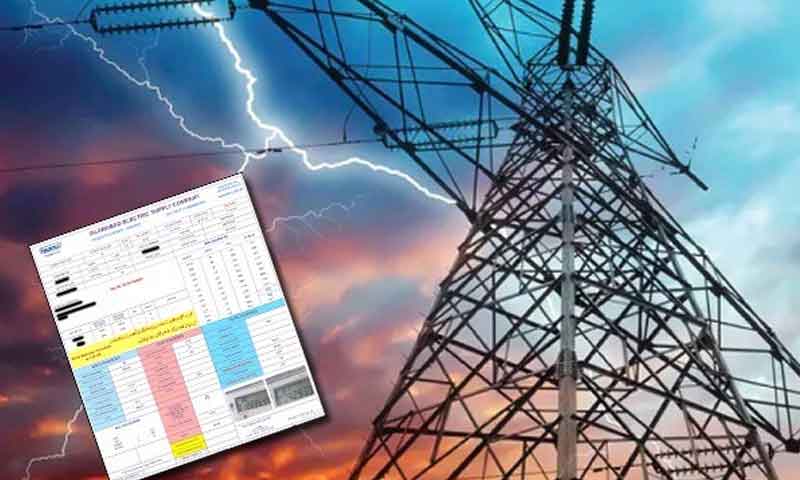Mohsin Siddiqui (Chief Reporter)
The Auditor General of Pakistan disclosed that the federal government granted tax exemptions amounting to Rs168 billion to the owners of Independent Power Producers (IPPs). This information was highlighted in the Auditor General’s latest annual report, which also underscored significant lapses in the Federal Board of Revenue’s (FBR) monitoring and control over these exemptions.
According to the report, the tax exemptions were provided under Section 53 (a) read with clause (132) of the Second Schedule to the Income Tax Ordinance, 2001. This ordinance grants an exemption from income tax on profits and gains derived from an electric power generation project set up in Pakistan on or after July 1, 1988, provided certain conditions are met:
Ownership and Management: The project must be owned and managed by a company registered under the Companies Act, 2017, or have its registered office in Pakistan.
Independence of Formation: The project must not be formed by splitting up, reconstructing, or reconstituting an already existing business.
Government Control: More than 50% of the shares and control must not be held by the Federal Government, Provincial Government, or Local Government.
Fuel Type: The exemption does not apply to oil-fired power plants set up between October 22, 2002, and June 30, 2006, but does apply to Dual Fuel (Oil/Gas) power projects established on or after September 1, 2005.
The audit observed that the government allowed tax expenditure on the taxable profit earned by these electric generation projects, totaling Rs167,896 million from FY-2018 to FY-2022. This benefit was extended to 220 taxpayers assessed as Independent Power Producers upon fulfilling the aforementioned conditions.
However, the audit highlighted that the self-assessment system, introduced through the Income Tax Ordinance, 2001, deems all completed returns of income as assessment orders. These can only be reopened upon obtaining definite information regarding the concealment of taxable income, or if the assessment is deemed prejudicial to the interest of revenue. Detailed scrutiny of the Non-Productive Outlets (NPOs) concerning the stated conditions was not conducted by the department, leaving the cases unattended and allowing taxpayers to potentially benefit from exemptions against the provisions of the law.
Moreover, the audit pointed out that profits earned on bank deposits, capacity charges received by the power producers, and dividend income need to be scrutinized for taxation under the law. Despite the massive tax exemptions, amounting to Rs168 billion, granted to IPPs, the power sector continues to face significant issues.
The Auditor General suggested that the tax expenditure related to IPPs should be monitored under relevant laws. Additionally, the tax expenditure policy concerning IPPs needs to be reviewed and interlinked with the power policy. A robust mechanism should be established to ensure the monitoring of tax expenditures on IPPs, potentially including a certification of 100% production capacity utilization by the concerned IPPs and subsequent audits by the FBR.
The Auditor General’s report emphasizes the necessity of stringent monitoring and policy review to ensure that the tax exemptions granted to IPPs are justified and contribute effectively to the power sector’s stability and efficiency. The report calls for a comprehensive approach to address the ongoing challenges in the power sector, ensuring that tax exemptions lead to tangible improvements and do not merely serve as unchecked financial benefits for IPP owners.




